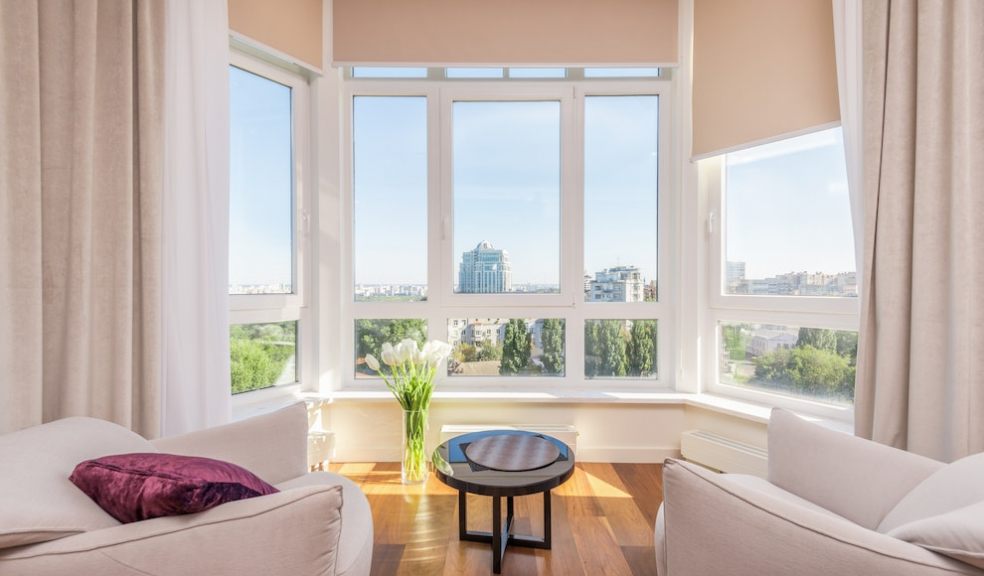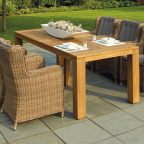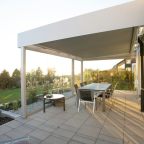
uPVC vs Aluminium Windows: A Comparative Analysis fo the Best Choice
Both uPVC and aluminium windows are regarded as modern, reliable, and cost-effective window options for a home. These materials are a popular choice for residential usage because of their improved attributes, but there are disagreements and inquiries about which window option is superior and why. There are several advantages to both UPVC and aluminium windows.
Ultimately, various variables will determine whether they are the best option for you and your property. Click here to contact a window company and get a personalised consultation for your home. Meanwhile, here is a comparison of the advantages and disadvantages of aluminium and uPVC windows to help you decide which material you prefer and make a decision that is right for your house.
uPVC Windows:
Unplasticized polyvinyl chloride, or UPVC, is a type of material that is widely used for window manufacturing. As a non-plasticised material, UPVC is resistant to moisture, smog, corrosion, and mould. Some other benefits include:
Weather Friendly:
uPVC is a strong and durable material. It is made of uPVC profiles, multi-chambered air-filled sections internally strengthened by galvanised steel sections. It is UV-ray resistant and does not rust, corrode, or flake.
Easy To Maintain:
Windows made of uPVC are easy to maintain. Additionally, uPVC windows have an integrated rain track with a slope that prevents water from seeping inside. Most uPVC window systems have high-quality hardware that provides efficient operation.
Provides Thermal Insulation:
uPVC windows with double- and triple-glazing are a terrific way to create an energy-efficient house. uPVC is a poor heat conductor and prevents any heat loss or gain.
Noise Resistant:
Install insulated, double- or triple-glazed uPVC windows if you want your house to be soundproof. They serve as efficient acoustic barriers that considerably reduce outside noise.
Aluminium Windows:
Aluminium is a strong and light material. It is dependable and strong and provides style, and adequately supports the weight. Although aluminium has some disadvantages, it has its own set of benefits.
Multiple Styles:
There are many different colours, coatings, and styles of aluminium windows. There is a large selection to pick from. Most aluminium windows can be produced with single, double, or triple glazing. Compared to UPVC windows, aluminium windows provide more colour options.
Eco-Friendly:
Aluminium is completely recyclable and has a high rate of recycling. This makes this material sustainable and good for the environment.
Longevity:
Aluminium is a very strong substance. High-quality aluminium windows have an approximate 45-year lifespan. They can also be recycled.
Strength:
Aluminium windows are heat and weather-resistant, rust-resistant, and do not expand or break when exposed to heat. Additionally, thin aluminium panels are a great option to support the weight of glass.
Disadvantages:
- The main component of uPVC is a synthetic plastic polymer with an average lifespan of 25 to 30 years. Compared to windows made of aluminium, uPVC windows have a shorter life.
- Some homeowners find uPVC unattractive due to its plastic appearance.
- Although aluminium is a durable material, it could need some routine upkeep. High winds often cause these windows to rattle, which could cause their hardware, like screws, to loosen. Regularly tighten the screws, and after a few years, they might require a fresh coat of paint.
- Aluminium's fundamental flaw is that it is not an energy-efficient material. The building can gain and lose heat because aluminium is a good heat conductor.
Final Thoughts:
UPVC and aluminium windows are regarded as modern, reliable, and cost-effective window options for a home. Although both options come with their own benefits and drawbacks. However, their improved properties make them a preferred option for domestic use.














